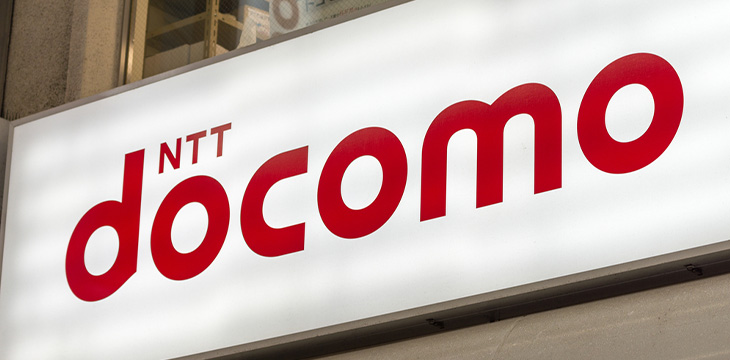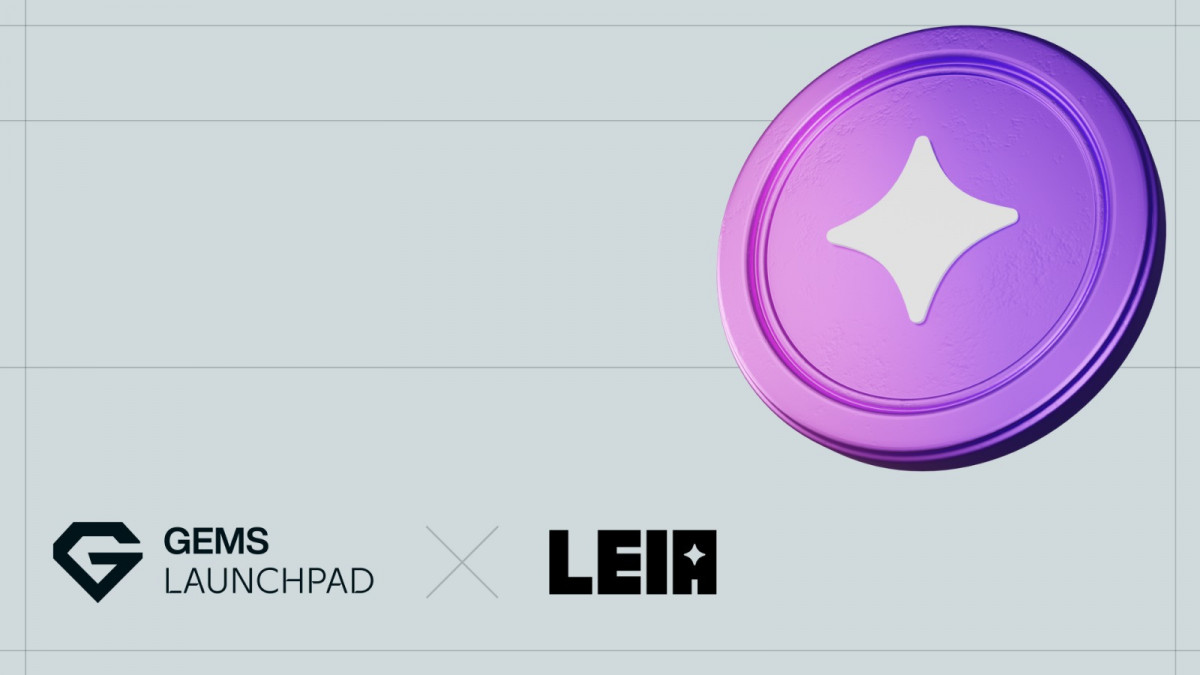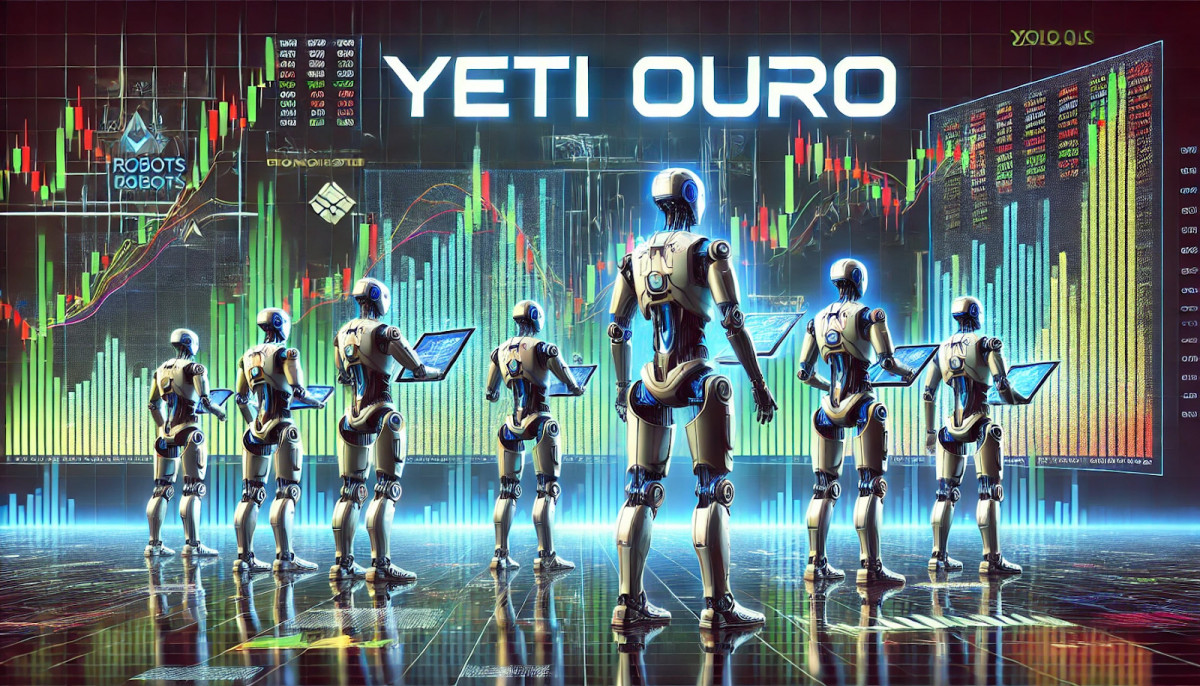NTT Docomo, a Japanese mobile phone operator, has revealed its ambitious plans to invest a staggering $4 billion in Web 3 technology. According to a report by Nikkei, the telecom operator is keen to be a leader in using blockchain technology with its eyes firmly fixed on the 2023 fiscal year.
The firm notes that the first step in the plan is building technology infrastructure for its foray into the digital asset industry. After creating the technology framework, NTT Docomo says it plans to offer the issuance of digital assets, exchange, and digital wallet services to its users.
The plans to wade into Web 3 have been in the works for a while. Back in October, NTT Docomo entered an agreement with Stake Technologies, a Singaporean firm behind Astar Network, a DLT infrastructure firm on Polkadot. NTT Docomo plans to use Astar Network’s expertise in the industry to create its unique offering for its users.
Astar Network hailed the partnership as one that would yield positive returns for both parties and improve adoption rates for digital assets.
“Collaborating with NTT Docomo, a company that has created case studies that have been used by tens of millions of people, we will further spread Web3,” said Astar Network’s founder Sota Watanabe.
NTT Docomo will also leverage the expertise of technology firm Accenture in its quest to speed up adoption. The Japanese government owns a third of NTT Docomo’s parent company, NTT, and pivoting toward Web 3 has been interpreted as proof of Japan’s commitment to the digital asset industry.
Japan is morphing into a digital asset paradise
Japan’s policy toward digital assets has taken a u-turn in 2022, away from a hard stance that characterized it for nearly four years. The government is now keen to eliminate the red tape in regulating the sector and has established a policy office for the industry under the Ministry of Economy, Trade and Industry (METI).
To better understand the ecosystem, the Ministry announced that it was creating a decentralized autonomous organization (DAO). The Ministry noted that the DAO would assist in preventing the activities of bad actors and help formulate proper rules for the industry.
The country’s ruling party and Prime Minister Fumio Kishida have declared that improving Japan’s digital economy is at the top of its objectives, and is leaning on digital assets to achieve its goals. Binance recently returned to the country after being forced to leave by regulators back in 2018.
Watch: The BSV Global Blockchain Convention panel, Web3 and BSV Blockchain
width=”562″ height=”315″ frameborder=”0″ allowfullscreen=”allowfullscreen”>
New to Bitcoin? Check out CoinGeek’s Bitcoin for Beginners section, the ultimate resource guide to learn more about Bitcoin—as originally envisioned by Satoshi Nakamoto—and blockchain.
Read More: news.google.com









 Bitcoin
Bitcoin  Ethereum
Ethereum  Tether
Tether  XRP
XRP  Solana
Solana  Dogecoin
Dogecoin  USDC
USDC  Cardano
Cardano  Lido Staked Ether
Lido Staked Ether  TRON
TRON  Avalanche
Avalanche  Sui
Sui  Wrapped stETH
Wrapped stETH  Toncoin
Toncoin  Chainlink
Chainlink  Stellar
Stellar  Shiba Inu
Shiba Inu  Wrapped Bitcoin
Wrapped Bitcoin  Hedera
Hedera  Polkadot
Polkadot  WETH
WETH  Bitcoin Cash
Bitcoin Cash  LEO Token
LEO Token  Uniswap
Uniswap  Litecoin
Litecoin  Hyperliquid
Hyperliquid  Pepe
Pepe  Wrapped eETH
Wrapped eETH  NEAR Protocol
NEAR Protocol  Ethena USDe
Ethena USDe  USDS
USDS  Internet Computer
Internet Computer  Aptos
Aptos  Aave
Aave  Mantle
Mantle  Cronos
Cronos  Render
Render  POL (ex-MATIC)
POL (ex-MATIC)  Bittensor
Bittensor  MANTRA
MANTRA  Ethereum Classic
Ethereum Classic  Monero
Monero  Virtuals Protocol
Virtuals Protocol  Artificial Superintelligence Alliance
Artificial Superintelligence Alliance  Dai
Dai  Tokenize Xchange
Tokenize Xchange  Arbitrum
Arbitrum